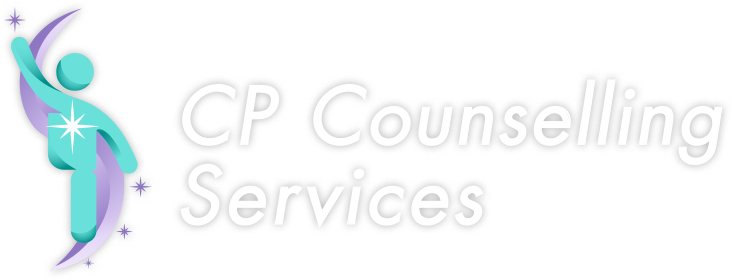Are you lonely?
Loneliness is certainly not new here in Canada but the COVID-19 pandemic has certainly amplified the problem with increased social isolation and decreased social support. Any and all emotions can affect our physical health and loneliness is no exception. The U.S. Center for Disease Control and Prevention says there is a significant link with loneliness leading to dementia, heart disease, stroke and even premature death. An ongoing clinical trial by Mount Sinai Hospital here in Canada shows loneliness is as bad for you as smoking and may actually contribute to 45,000 deaths per year. Even if Covid were all gone tomorrow, loneliness would not be.
Like many other emotions, loneliness is stigmatized. Some people feel ashamed of being lonely; they feel that it’s their own fault. Jake Ernst, a social worker and clinical director of Straight Up Health in Toronto tells us that one of the ways loneliness affects our physical and mental health is by “altering people’s brains that contribute to disconnection. It changes our executive functioning which impacts the way we connect, think, plan, organize and socially engage with other people.”
Anyone who knows me will have heard me say often that our core fundamental need is for connection. We need each other for survival and if we disrupt that, our health will start to deteriorate. Ernst also blames technology and social deterioration for this increase in loneliness meaning that people have fewer friendships and more isolation.
The decline in social connections and community ties is a troubling pattern in many countries, especially since the pandemic. You can find statistics at the Centre for Addiction and Mental Health and also Statistics Canada. Do you know which age group reported the highest levels of loneliness? Ages 18 to 39 years old. This is shocking for me, someone who did not grow up with technology. Loneliness has no trouble bringing company to the table such as anxiety and depression. The problem appears worst for those who live alone and are single.
If this upward trend continues, people are going to continue to experience a deterioration in their mental health and physical health. Dr Lee at Mount Sinai Hospital explains that people tend to make "pro-health" decisions in a communal setting. For example, a husband or wife may remind their partner to take medications or book a doctor's appointment. When we’re on our own, we tend to make choices that are not always healthy such as poor diet, poor sleep, not exercising and the like. Yes we make poor choices but we can also make good ones.
Its not just about pro-health decision-making but about feelings of love, companionship, affection, support, all come with the ability to share experiences together. Having people who care about you and that you trust and love, can only enrich your own life. There are people who have great difficulty beginning and maintaining relationships through no fault of their own but due to non-secure Attachment during their formative years. A commitment to therapy will help you to understand what you had to endure, and the consequences that you were left with which became barriers to deep connection. Because of the brain’s plasticity, you can develop self-awareness to these and begin to make new and better choices for yourself and others. Nothing is a done-deal; change can and does happen for the better. Your past does not define your present or future.
How about starting with things in your control? Small moments or reconnection such as family or friend dinners, turning off your phone well before bedtime, asking others to share time with you for a walk, a game of scrabble, gardening, going for a swim, preparing a heathy meal from scratch – there are endless choices. Choose nature whenever that’s a possibility.
It is recognized that we will all need to see some significant shifts from policy makers with regards to social media. However, you start with yourself. What will you need for deep healing and deep connection? How will you go about that in baby steps? We all need to return to our core fundamental needs. Humans are a social species and we need healthy relationships in order for us to be healthy. We are only cut-off from people when there is a barrier between us. Don’t let technology begin to erode your sense of connection to other people. Let’s get together in person again so we can all feel better.
See you next time. 😊

